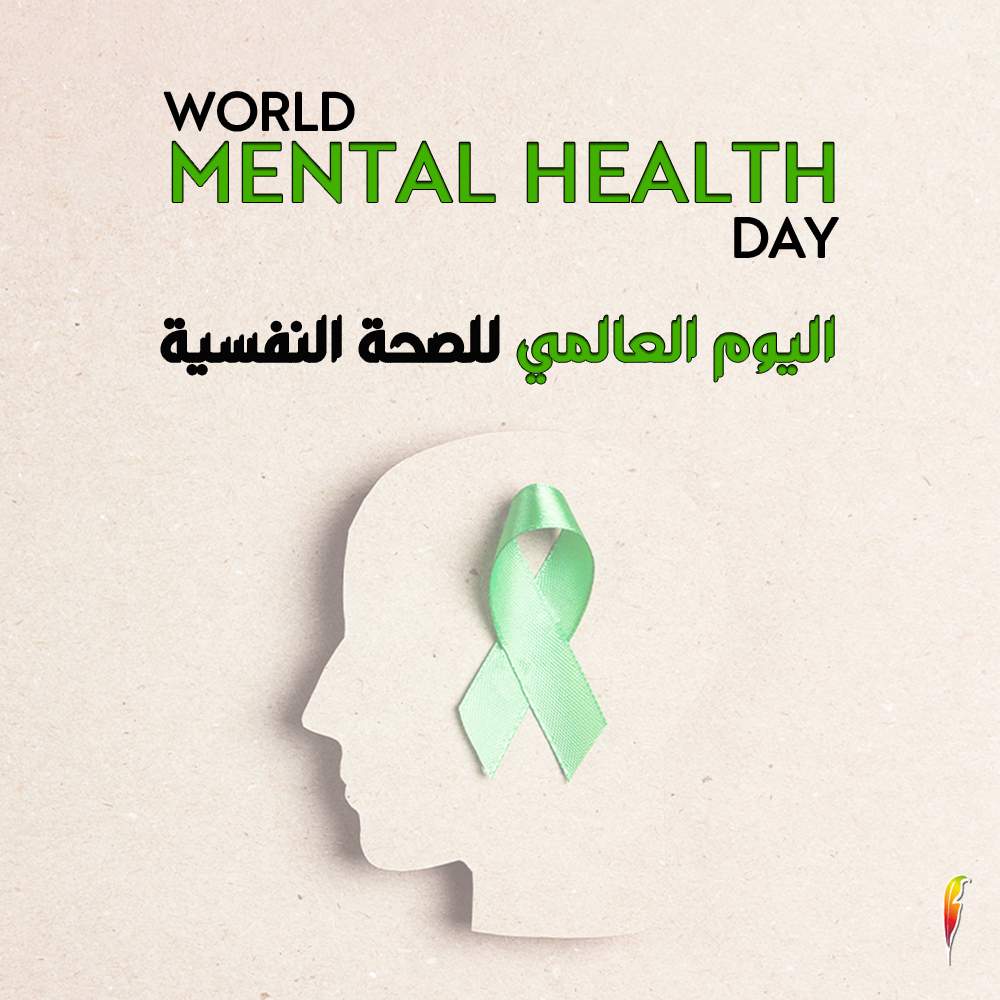On the 10th of October every year, the globe unites to mark World Mental Health Day. The day holds a special place in the hearts of millions, not only as a reminder of the importance of mental health but as a call to action, to support, and to share. The theme for 2023, set by the World Foundation of Mental Health, is ‘Mental health is a universal human right’.
The Universality of Mental Health
The chosen theme for 2023 captures a sentiment that resonates deeply across cultures and communities. The right to good mental health is a universal, intrinsic aspect of being human, irrespective of one’s age, ethnicity, or socioeconomic status. Everyone, everywhere, should have the privilege of mental wellness, and the lack of it should never be trivialised or stigmatised.
Literature and Mental Well-being
For centuries, literature has been the mirror to society, reflecting its beauty and its flaws. Through stories, poems, and essays, literature bridges gaps, fosters understanding, and humanises complex emotions. While it’s essential to note that literature is not a replacement for professional mental health assistance, it certainly can be a companion in fostering empathy and awareness.
Reading a poignant narrative about a character’s struggles and triumphs can offer solace, showing us that we aren’t alone in our battles. For publishers, writers, and readers, recognising the potency of these narratives becomes imperative.
Tips for Engaging with Mental Health Narratives
1. Open-mindedness: When you pick up a narrative centred around mental health, approach it with an open mind. Allow yourself to be vulnerable and receptive to the story’s emotions.
2. Reflect and Relate: After reading, take a moment to reflect. Even if you can’t directly relate to a character’s experiences, understanding their perspective can widen your empathetic horizons.
3. Share Responsibly: While sharing a gripping story with friends and family, remember to provide context. The beauty of literature is in its diverse interpretations, but when discussing mental health, sensitivity is crucial.
4. Diversify your Reading: Mental health narratives aren’t restricted to one genre or culture. Seek out diverse voices, which can offer rich, multifaceted views on mental well-being.
Spreading Awareness
Literature’s potential to shed light on mental health is vast, but it’s crucial to remember that awareness isn’t just about understanding—it’s about action. As we commemorate World Mental Health Day, remember to:
1. Speak Out: Share your experiences, stories, or knowledge about mental health. Conversations can be a potent tool for change.
2. Listen Actively: Sometimes all someone needs is a listening ear. If someone shares their mental health journey with you, be present, be empathetic, and avoid passing judgment.
3. Educate Yourself: The world of mental health is vast and varied. Regularly educate yourself on mental health topics, breaking myths, and supporting facts.
4. Seek Help if Needed: There’s no shame in reaching out for assistance. If you or someone you know is struggling with mental health, seeking professional help can be a transformative step.
As we mark World Mental Health Day this year, let’s remember that the theme is not just a phrase but a commitment—a commitment to understanding, empathy, and action. Literature has always been a beacon, illuminating the path for many. While we won’t delve into specific book recommendations here, remember that the world of narratives is vast. Dive in, explore, and let’s together make mental well-being a universal right.
Connect with Austin Macauley Publishers for more such blogs, and submit your manuscript if you want to publish your work. You can also make a quick and easy submission through the online submission form. You can stay updated with our new releases and activities by joining our family of authors and readers on Facebook, Twitter, and Instagram.




